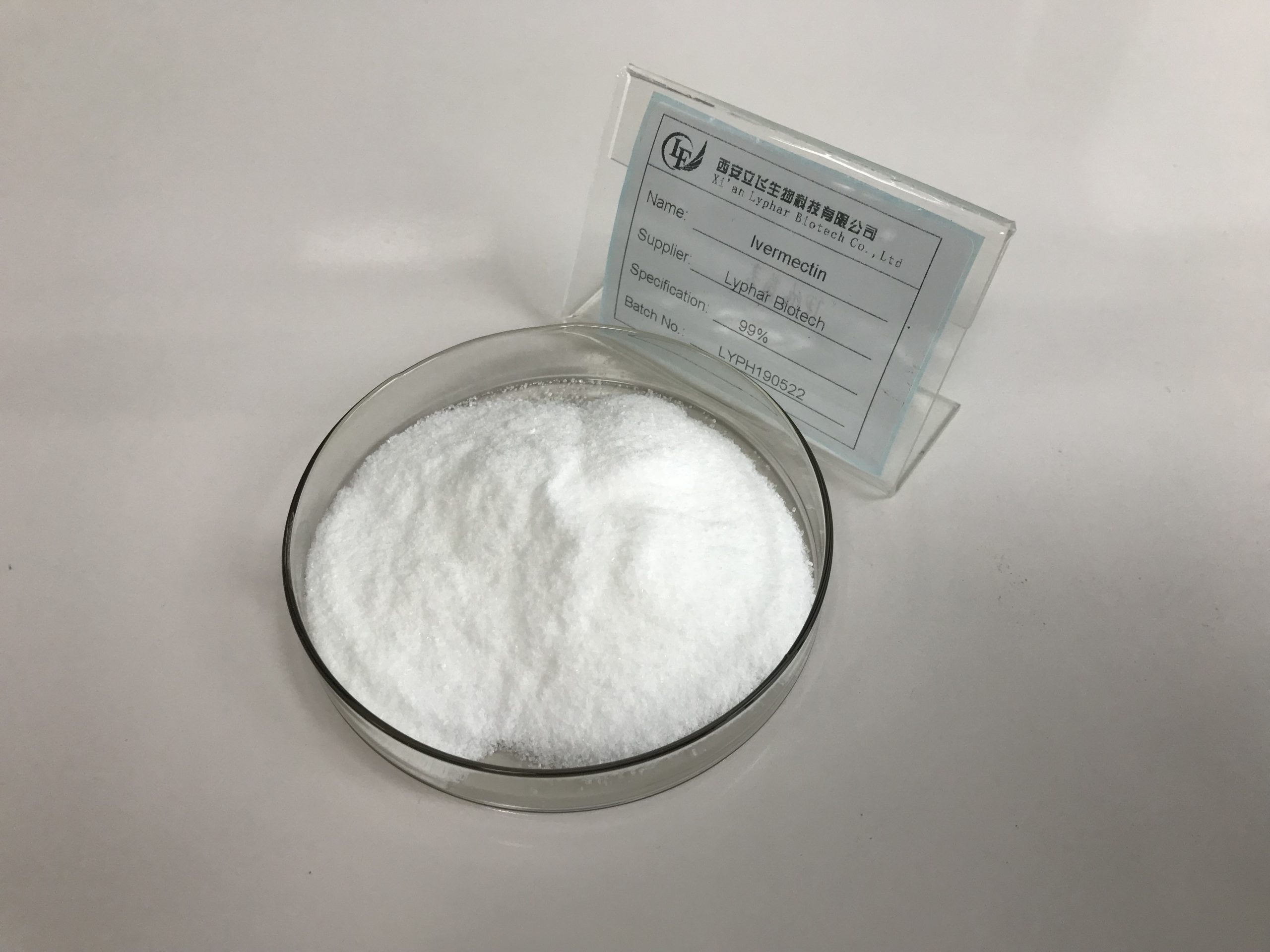Ivermectin and Avermectin are both medications used to treat parasitic infections, but they have some differences in terms of their composition, origins, and applications.
Composition and Origins:
- Avermectin: Avermectin is a naturally occurring compound derived from the soil bacterium Streptomyces avermitilis. It was first discovered in the late 1970s by Japanese scientist Satoshi Ōmura and his colleagues, who were awarded the Nobel Prize in Physiology or Medicine in 2015 for their discovery.
- Ivermectin: Ivermectin is a synthetic derivative of avermectin. It was developed by modifying the chemical structure of avermectin to create a more potent and effective compound. Ivermectin was introduced in the 1980s and has since become widely used for its anti-parasitic properties.

Medical Applications:
Both avermectin and ivermectin are primarily used to treat various parasitic infections in humans and animals, including:
- Intestinal parasitic infections (such as strongyloidiasis and ascariasis)
- Skin conditions caused by parasitic mites (like scabies)
- River blindness (onchocerciasis) and lymphatic filariasis (caused by certain worms)
Differences:
- Chemical Structure: Ivermectin is a derivative of avermectin, meaning it has been chemically modified to enhance its efficacy and safety. The modification made ivermectin more suitable for medical use.
- Potency: Ivermectin is generally considered to be more potent than avermectin. This increased potency contributes to its effectiveness in treating parasitic infections.
- Forms and Administration: Ivermectin is available in various formulations, including tablets, creams, and lotions, for oral or topical administration. Avermectin, being a natural compound, is not typically used directly as a medication but serves as a basis for the synthesis of ivermectin.
Controversy and Recent Use:
As of my last knowledge update in September 2021, there was a significant amount of debate and controversy surrounding the use of ivermectin for the prevention and treatment of COVID-19. Some studies suggested potential benefits, but more rigorous research was needed to establish its efficacy and safety for this purpose. It’s important to note that medical recommendations and understanding can change over time, so I recommend checking with reliable and up-to-date sources for the latest information.
In summary, while both avermectin and ivermectin are related compounds with similar anti-parasitic properties, ivermectin is a synthetic derivative that has been modified for medical use and is more commonly employed for treating parasitic infections in humans and animals.
